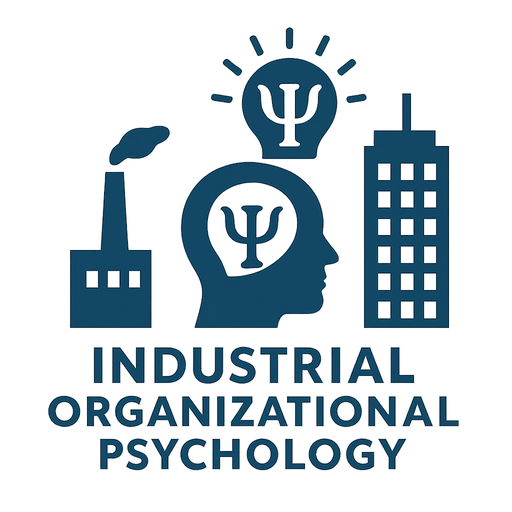A defining characteristic of the work of industrial and organizational psychologists is its varied options and possibilities. Industrial-organizational psychologists work in various types of organizations. Their roles vary greatly within organizations. Likewise, they work under a myriad of titles. I will cover a few of the more common ones here.
Table of Contents
For Profit Companies
Industrial and organizational psychologists work in companies alongside human resource management professionals, as internal consultants, and in data analytic-related positions. Many large companies (e.g., big, fortune 500 companies and multinationals) often employ industrial-organizational psychologists to work directly within their headquarters. They may work under specialized titles, such as “Talent Manager” or as part of the human resources department. In these roles, industrial-organizational psychologists can make a measurable impact on the employees and organization, helping stakeholders thrive.
Non Profit Organizations
Non-profit organizations, government entities, and military agencies also employ industrial-organizational psychologists. There are federal jobs aligned with the industrial-organizational psychologist role (e.g., “Personnel Psychologist” positions). In the United States, the different military branches also employ industrial-organizational psychologists. For example, an industrial-organizational psychologist might work as an applied researcher within one of the military branches’ research institutes. They may conduct data analytics on survey data collected from military personnel and write reports based on the findings. Their findings may be shared with policy makers and lead to changes impacting military personnel within that branch.
Consulting Firms
Industrial and organizational psychologists often work as consultants, providing third-party expertise and services to support companies and organizations. There are many types of consulting firms that hire industrial-organizational psychologists. Some firms focus specifically on providing services in this field. Many firms provide management consulting, consulting on strategy, change management services, leadership or executive coaching, and related areas. A consultant working in a large consulting firm may work with teams of consultants to help clients manage a change or resolve issues.
Academic Settings
Industrial-organizational psychologists also work in academic settings, such as at higher education institutions. They may work in various departments within academic institutions. For example, it’s common to find industrial-organizational psychologists teaching in business schools or schools of management. It is, of course, also common to find industrial-organizational psychologists teaching in psychology departments. Some may teach in other departments, such as communications. Depending on the type of university, they may be teaching and/or conducting research in these institutions. Industrial and organizational psychologists also teach online, hybrid, and traditional university settings. They also teach in certificate programs, as well as undergraduate and graduate-level programs.
